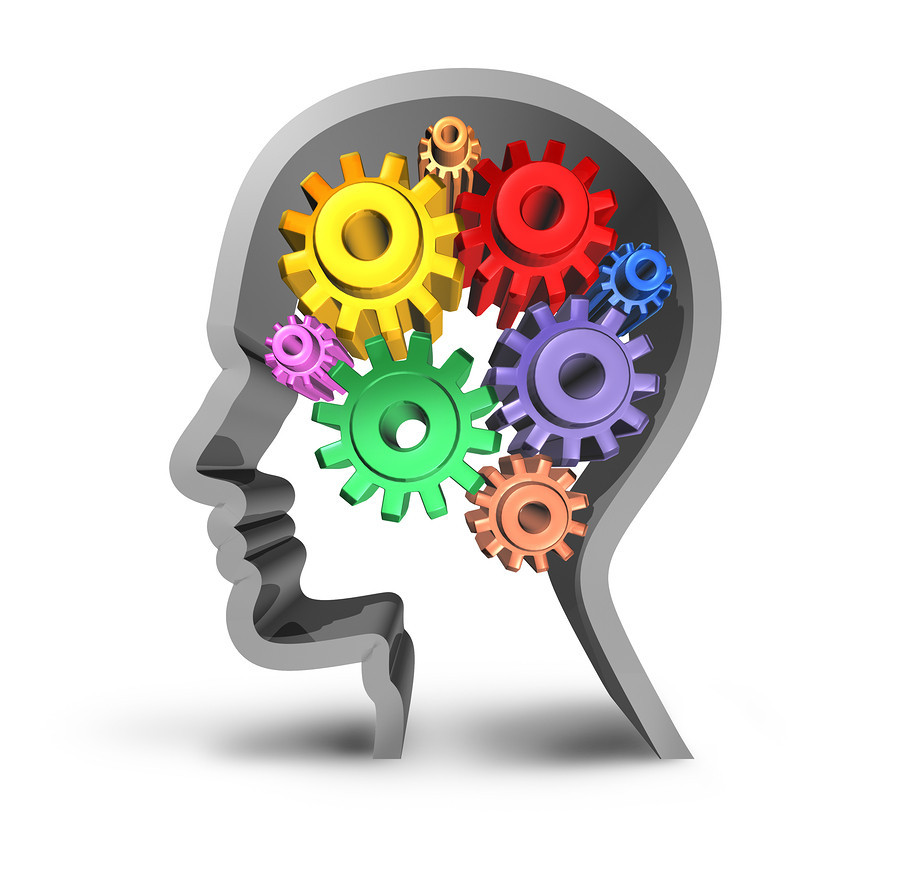Cognition is the process of acquiring and applying knowledge and skills. It involves the ability to remember, reason, pay attention, and think abstractly. Cognition is a relatively new field of study that began in the 1950s with the work of cognitive psychologists such as Jean Piaget and Lev Vygotsky. In recent years, cognitive science has emerged as an interdisciplinary field that includes researchers from psychology, neuroscience, artificial intelligence, linguistics, philosophy, and anthropology.
The goal of cognitive science is to understand how the mind works. This includes understanding how we perceive, learn, remember, reason, and make decisions. Cognitive scientists use a variety of methods to study cognition including behavioral experiments, computational modeling, and brain imaging.
One of the most important insights from cognitive science is that our minds are not passive observers of the world but rather active processors of information. For example, when we see an object we do not just record its size and shape but also interpret what it is (e.g., a chair) and what it can be used for (e.g., sitting in). This insight has led to new ways of thinking about learning and memory as well as disorders like autism and schizophrenia.
Cognitive science is still a young field but it has already made significant contributions to our understanding of the mind. In the future cognitive science will continue to grow as researchers from different disciplines work together to uncover more secrets about how our minds work


